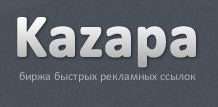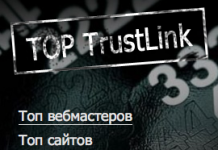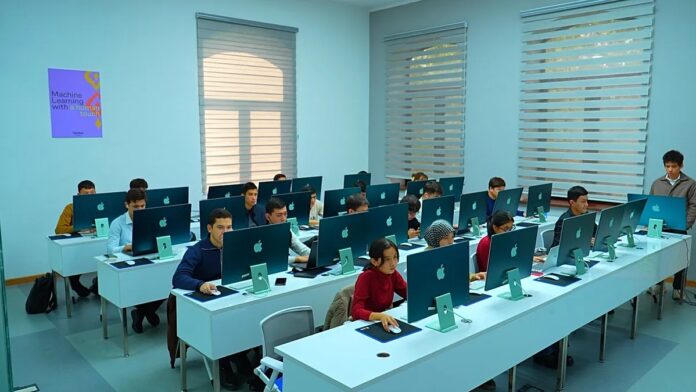Uzbekistan is aggressively developing its artificial intelligence (AI) capabilities through a new AI cluster centered at New Uzbekistan University (NUU) in Tashkent. This initiative, aligned with the “Digital Uzbekistan 2030” strategy, aims to create a modern ecosystem uniting education, science, and business. NUU, established in 2021, has quickly become the country’s most dynamic academic and research center, selected by the government for its strong focus on science, engineering, and international collaboration.
The University’s Rapid Rise
Bahodir Ahmedov, acting first vice-rector for academic affairs, emphasizes the university’s goal: “to create a university that doesn’t only teach, but solves real problems.” With over 1,700 students across nine undergraduate and six graduate programs, NUU boasts a faculty where over half are foreign academics, many from globally-ranked institutions. Crucially, the university’s autonomy allows it to shape curricula and partnerships independently, a rare feature in Uzbekistan’s higher education system.
From Theory to Startup: Student-Led Innovation
NUU encourages students to translate ideas into viable startups, supported by mentors and investors. Lobar Ashurova, a third-year software engineering student, co-founded a platform connecting IT students with tech firms, securing $15,000 in seed funding. Otabek Atabayev, a research assistant, develops sustainable water-treatment systems from local plant waste, winning recognition in Huawei’s Seeds for the Future competition.
Another student, Gulasal Salimova, explores how Uzbekistan’s scientific heritage connects to modern STEM education, ensuring innovation is seen as integral to national identity.
Global Partnerships Drive Progress
NUU’s global outlook is bolstered by long-term cooperation with TUM International (Technical University of Munich). This collaboration runs entrepreneurship and sustainability projects, linking students with European mentors and industry partners. Kathrin Albrecht of TUM International notes NUU’s rapid maturity: “It’s impressive… a credible partner for European institutions and a model for the region.”
The university also collaborates with MIT, the Technical University of Munich, Cambridge University Press & Assessment, and Khalifa University. Global tech companies have invested in on-campus training facilities: an Apple Authorized Training Center for Education, a Huawei ICT Academy, and a Yandex Machine Learning School, the first of its kind in Central Asia.
Accelerated Training for a Digital Workforce
The Yandex Machine Learning School, according to professor Fliege Jorg, provides a 12-month course equivalent to an MSC degree, preparing students for immediate employment. The Apple Authorized Training Center for Education offers a direct path to the global job market. Sevara Aliyeva, a teaching assistant, notes that a three-month Swift programming course qualifies students as junior iOS developers.
Sevinch Mavlonova, an Apple certification graduate, secured an internship and launched her own app, demonstrating the program’s impact.
Expanding Beyond Technology: A Holistic Vision
While the AI Cluster is central, NUU’s ambitions extend further. Nearly 20,000 teachers will be trained in AI literacy by next year, supported by the presidential administration and the ministry of education. Construction has begun on a new campus, including a medical school and health clinic, merging health education with data science and engineering.
A planned school of agrotechnologies will modernize Uzbekistan’s agriculture through automation and sustainable engineering. Ahmedov summarizes the vision: “to integrate disciplines… that’s how we will train the next generation of problem-solvers.”
A Symbol of Uzbekistan’s Future
NUU’s influence extends to student life and national competitions, placing second in the Zakovat intellectual tournament and hosting licensed TEDx events. The first cohort of graduates, completing studies in 2025, includes 37 students pursuing master’s degrees abroad. Khilola Nazirova, vice-rector for youth and spiritual education, describes them as “open-minded, confident, and forward-looking,” embodying the values of the new Uzbekistan.
New Uzbekistan University represents a strategic investment in the country’s future, positioning it as a regional leader in AI, innovation, and higher education









































